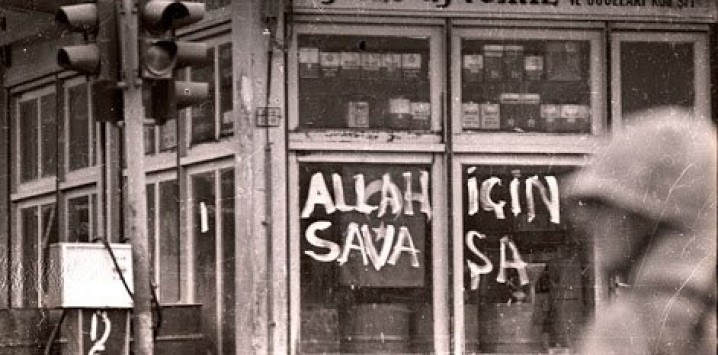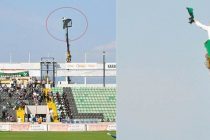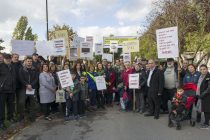The southern Turkish town of Kahramanmaraş has marked the 40th anniversary of violence that saw more than 100 people lose their lives.
Dozens of civilians were killed and hundreds of others injured during the events of late December 1978, known as the “Maraş Massacre”.
The killings were said to have been perpetrated by far-right elements, although those who orchestrated the attacks were never identified. Details of the investigation were kept classified by the government.
The deaths came during a turbulent period of politically motivated violence in Turkey, and resulted in martial law being introduced in the region.
The period culminated in a military coup in September 1980 by General Kenan Evren.
There were tearful scenes as mourners, chiefly from the city’s Alevi community, laid carnations and lit candles at an event on Saturday, 22 December, to remember their dead.
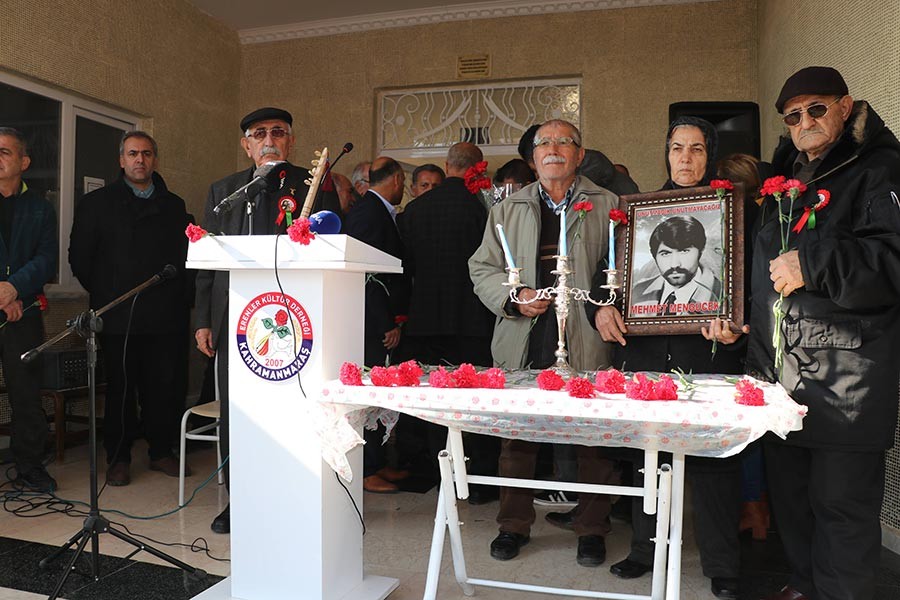
The remembrance service at Yörükselim Mahallesi Cemevi went ahead amid tight security, despite the governorship of Kahramanmaraş decreeing that public gatherings or protests would be banned from 12 to 31 December, citing “public order” concerns.
Turkish media reports said that the service had been allowed following negotiations with local officials, but only within a Cemevi, a place of gathering for people from the Alevi faith.
Speaking at the event Hüseyin Mat, Head of the European Confederation of Alevi Unions, was quoted as saying the killers had “not been brought to account” and that the families of the victims were still seeking justice 40 years on.
“We do not come here to re-open a wound,” he said. “We come so that there will not be another massacre.
“Forgetting massacres is a crime against humanity. That is why we are here. We paid a heavy price… We do not want anyone else to experience the pain we experienced.”
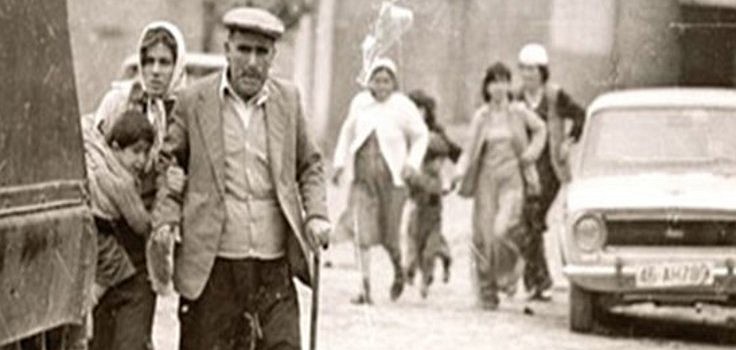
Doğan Demir, chairman of the Alevi Culture Associations, said that he condemned massacres “no matter where they come from”.
“Whether they are Alevi or Sunni, it does not matter,” he said. “Those killed here were not just Alevi, there were 10 to 11 Sunnis as well.
“Therefore we must not be blind, we must not be deaf; we must see and hear everyone and everything.
“This is our land, we have no other place to go. When you look at the geography of the Middle East and the Muslim geography, that in spite of everything . . . Alevis, Sunnis, rightist and leftist people live together, it is thanks to the people.”
Herşeye rağmen Maraş’ta 40 yıl önce katledilen canlarımızı andık. Katliamı yapanları lanetledik.
Unutmadık, unutmayacağız.
Gerçeğe hüü… pic.twitter.com/amd1nwQByX
— Hüseyin Mat (@HuseyinMat_) December 22, 2018
Main opposition Republican People’s Party deputy chairman Orhan Sarıbal called on the military command to “open up its archives” to shed light on the tragedy.
“What happened, why it was so, what was the rationale?” he said according to Turkish media. “Where are these people’s graves? Who are these people buried in the ground? Where do they lie? Why were [their bodies] not handed over to their families?”
Main photo top: fascists daub graffiti on windows of properties in city of Kahramanmaraş, Turkey, claiming to be ‘Going to war for God’ during brutal attacks against the Alevi community that left 111 dead and thousands injured between 19 and 24 December 1978


